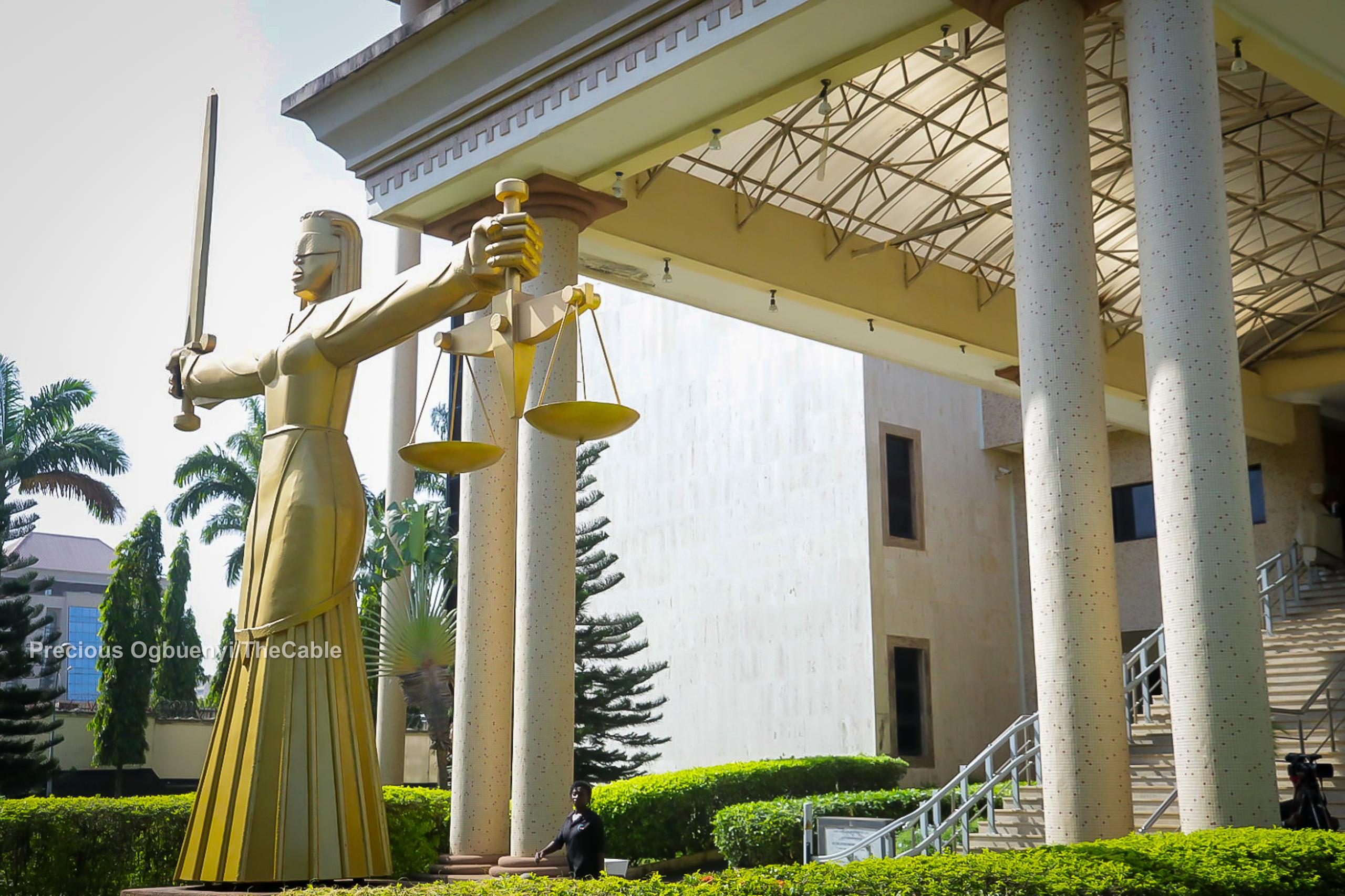Two Canadian UNESCO Geoparks cautioned to make improvements or risk losing status
UNESCO Global Geoparks are distinct regions with internationally important geology that tells the story of earth’s history. UNESCO revalidates geoparks every four years, and three of the five in Canada — among only 229 on the planet — have been told they need to improve.

Two unique areas of Atlantic Canada recognized for their geological significance five years ago have been cautioned to make changes or risk losing their rare status as UNESCO Global Geoparks — a designation that puts them on bucket lists of people around the world.
"If I lose that, then my future is kind of uncertain to be honest," said Anna Hergert, the owner of Tide Rollers and Mudlarkers, a local tour company. Hergert takes people on custom tours through the Cliffs of Fundy UNESCO Global Geopark, on the north shore of the Minas Basin in the Bay of Fundy in Nova Scotia.
"For me that was one of the main reasons to settle in this area," she said during an interview inside the park,standing on the ocean floor during low tide.
Geoparks are not pre-existing provincial or national parks, but rather distinct regions with internationally important geology — rock formations, caves, mountain ranges and fossil sites — that tell the story of Earth's history, and where local and Indigenous communities can promote their culture.
UNESCO, the United Nations Educational, Scientific and Cultural Organization, revalidates geoparks every four years, and three of the five in Canada — among only 229 on the planet — have been told they need to improve. Cliffs of Fundy and the Discovery Geopark in Newfoundland and Labrador are still in limbo. The Percé Geopark in Quebec's Gaspé region, first designated in 2018, was also given recommendations to improve, but has since had its status confirmed for another four years.
Cliffs of Fundy and Discovery both received their UNESCO designations in 2020.
Unlike the more common UNESCO World Heritage Sites, which are reviewed every eight years or so and of which there are more than 1,200 globally, geoparks undergo a "rigorous revalidation" every four years.
"This time frame reflects the dynamic nature of the program, which places strong emphasis on ongoing community engagement, educational outreach, sustainable tourism and international co-operation," said a UNESCO spokesperson in a statement to CBC News.
He said it is rare for a designation to be revoked.
The revalidation is conducted by independent evaluators and includes a four- to five-day visit to the site, at the end of which the park receives a green card, meaning its status is renewed, a yellow card, meaning it has two years to make changes or get the dreaded red card, which means it will lose its status.

In 2023, Cliffs of Fundy and Discovery received visits from two independent evaluators from Germany and France, who produced a report in 2024. In July, both parks are expecting visits from two more evaluators — this time from Portugal and Iceland — to examine whether the previous recommendations have been implemented.
The towering Cliffs of Fundy — steeped in Mi'kmaw history — boast the highest tides in the world and the oldest dinosaur bones in Canada. Geologists say it is also the only place on earth where they can see the record of the assembly of the world's supercontinent, Pangea, more than 300 million years ago, and when it broke apart 100 million years later, drifting into the positions the continents are in today.
The park received 10 recommendations, including the need to secure funding, put up more signage, improve infrastructure and access roads and better share the area's story.

2 Canadian geoparks could lose UNESCO designation
"Obviously it would have been lovely to have just received the green card," said Devin Trefry, Cliffs of Fundy's managing director.
"But in a way, I think it's good that we've been motivated to really kind of hone in and focus to get things done."
Trefry said the park got a slow start due to receiving the designation during the COVID-19 pandemic, and the devastation caused by post-tropical storm Fiona in 2022 didn't help.
But he said a lot of work has been done over the last year: the park is working toward receiving status as a charitable organization, which would allow donors to receive tax receipts; signs have been purchased and approved and just need to be erected; and new interpretive panels and a tourism map are in hand.

He said the UNESCO designation has put the lesser-known area of the province on the map internationally and also raised its profile within Tourism Nova Scotia.
The Discovery Geopark on Newfoundland's Bonavista Peninsula, on the eastern coast of the island, got a similar report card.
Named for Italian explorer John Cabot's discovery of the new found land in June 1497, the Discovery Geopark is recognized for sea arches, fossils and rock formations, and was nearly 15 years in the making.
The park received many of the same recommendations as the Nova Scotia park, including extending the network of geosites beyond the coast into the interior.
Shawna Prince, chair of the Newfoundland and Labrador geopark and the owner of a whale-watching company in Trinity, is also a resident of the park.
She said a number of new sites are in the works including one that looks at traditional Mi'kmaw medicinal plants, another that is an example of glacial scrape and one that will examine climate change and the effects of Hurricane Igor, which tore through the eastern part of the province in 2010.
Prince said it was at first upsetting to receive the yellow card after putting so much work into achieving the designation but she said she felt a lot better after meeting with evaluators who explained the recommendations aren't meant to be punitive.

In a statement, UNESCO confirmed the suggestions do "not constitute a sanction" but rather are a support mechanism to maintain high standards.
Having already been through the experience, Osric Parry-Canet, Percé's science and education manager, has some advice for Nova Scotia and Newfoundland and Labrador.
"It's really just, continue working with your community, showing UNESCO how important the community is for you," he said. "Show UNESCO that having this geopark logo makes people understand what the rocks mean for them."

Kayla Hounsell is a network reporter with CBC News based in Halifax. She covers the Maritime provinces for CBC national news on television, radio and online. She welcomes story ideas at [email protected].












